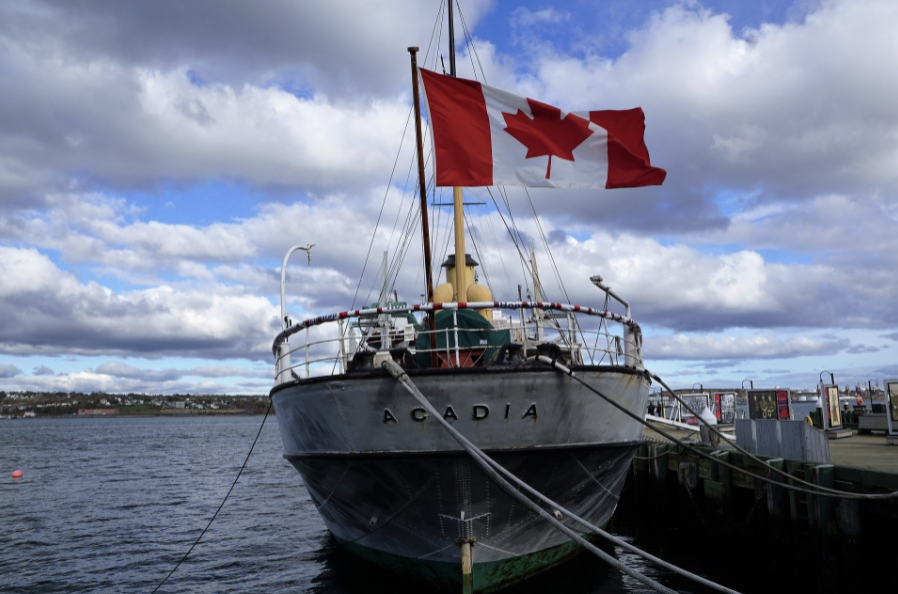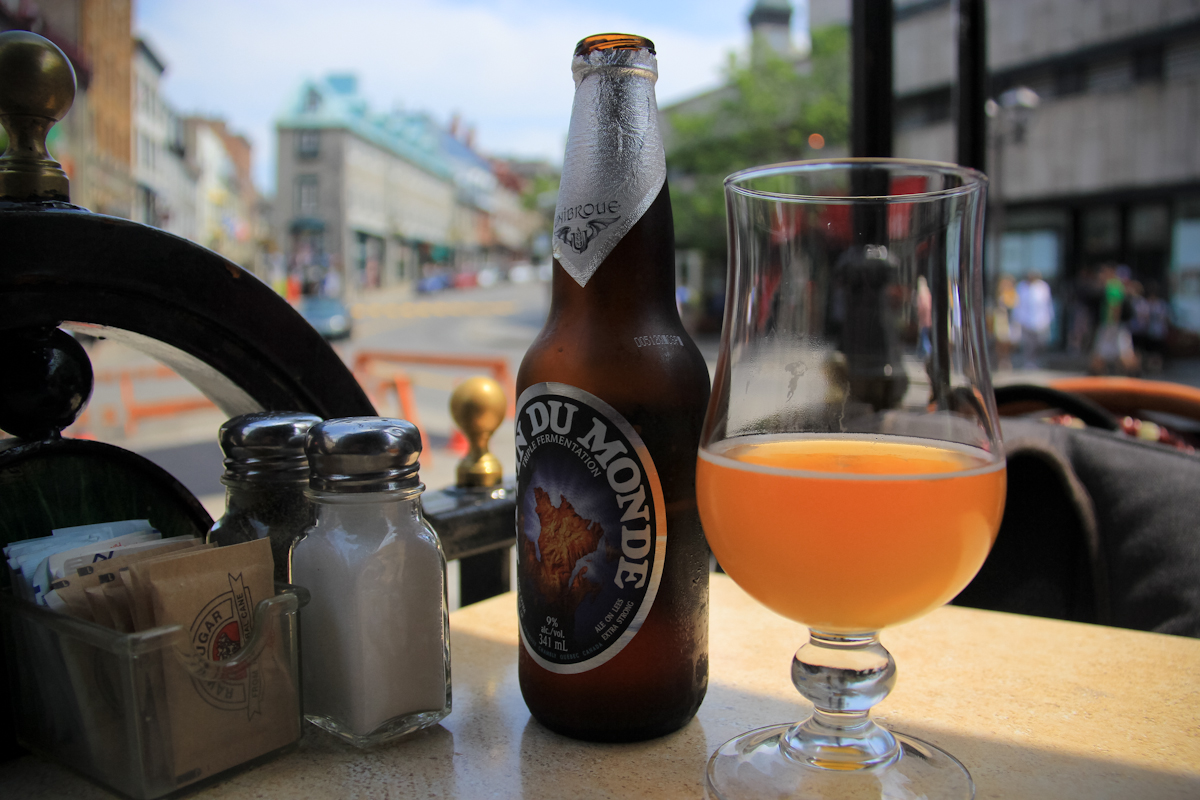Canada is a popular tourist destination given how far removed it is from much of the world. With a lot to offer and increasing high-wage job opportunities, many visitors are looking to visit for a little longer than a typical vacation. This post will cover some of the ways to prepare for a long stay in Canada – everything from saving money in Canada to understanding the local culture.
Understanding local laws
The first thing to know when planning a longer stay in Canada is to become well-versed with the local laws. As you will be living more like a local than a typical holidaymaker, it’s important to know basic labor laws (i.e. minimum wage, workers’ rights) to protect yourself when seeking work and road laws when driving here. Fortunately, Canada is very similar to other western countries, so there’s nothing too unusual to be concerned about!

Understanding local culture
Again, besides the obvious that Canada is culturally western, it’s important to know that there are genuine differences between cities when it comes to local culture. Firstly, some cities are more progressive (most major cities) than others (Alberta) and some are more diverse than others. Of course, Quebec is a French-speaking province, meaning it is rooted in French culture and will be significantly different from some northwestern cities.
Airbnb Long Stays
Depending on how long your stay is, renting an apartment could be more hassle than it’s worth. Whilst Airbnb is usually considered more expensive than local rental markets, the self-containing apartments not only cover the bills (meaning you do not have to organize paying your electricity bills, WiFi etc.), but offer long-stay discounts. Essentially, once you hit over 28 days on your stay length, you should activate the monthly/long stay discount (if there is one).
You may still find that you pay more with AirBnB, but you have to consider the benefits of the time it saves and its rolling flexibility. This way, you could see different cities every couple of months. Whilst the US is known for its overpriced AirBnB market, cities like Edmonton currently have well over 60 private apartments that are priced below C$1,600 p/m.
Preparing financially
Canada is not a cheap country, so it’s important to take a significant emergency fund in case anything goes wrong. However, the cost of living in Canada is less than most North European countries and many developed Asian countries. Basically, it’s similar to the US and UK. Take around 3 to 6 months’ worth of forecasted expenses as an emergency fund if possible, and consider that paying rental deposits and domestic flights can be expensive.

Learning French
Of course, if you’re heading to Quebec or any French-speaking city, you will get more out of the experience if you know some French. In fact, even in neighboring cities, it can be useful, just not essential. It’s not just about getting by, but integrating socially and understanding the local culture – language is more important than logistically being able to order a meal at a restaurant.
Finding a job
Assuming you have the legal right to work in Canada, which is the most important first step, you will also need a Social Insurance Number in order to work. Many immigrant-orientated services are available to help build an appropriate CV and point you in the direction of how to find work. Canada’s minimum wage differs between states, and the type of jobs available will depend on if you’re in a rural area or a city.
Choosing Your City
Choosing a city depends on many of the previously mentioned factors (i.e. your budget, how much French you can speak, what kind of culture you prefer). However, it also depends on things such as whether you prefer the outdoors, such as hiking or hunting in your spare time, or if you’re into urban living and sports. Furthermore, if you’re looking to work in tech or want to become a ranger, your city choice will vary. If you go the Airbnb route, you could try out multiple places to see which one you prefer.

Healthcare
Healthcare is essentially free in Canada, as it’s tax-funded. However, this isn’t for visitors, so it’s wise to get health insurance when visiting – and can be very expensive without insurance. Make sure to have good documentation of this insurance and bring documents that state your previous vaccinations (not just covid) to help doctors in the case of an emergency.
Visa
It’s paramount that you get the right visa before heading off. Citizens of many countries are welcomed in Canada for up to 6 months without needing a visa, but this is no good if you’re planning on working or staging longer. Though temporary work permits can be applied for, as well as Temporary and Permanent Residence in Canada. Check here for a breakdown of all the visas.
Directory
Before heading off, you may want to save some contacts and addresses on your phone. Firstly, you should always know where your country’s embassy is located and store its phone number – and become familiar with the local emergency phone numbers (911). Secondly, if you’re getting homesick, it always helps to find a local community that is relevant to your one back home. For example, a Celtic supporters club or one pertaining to your nationality. Check out Nomadlist for meeting up with fellow digital nomads, too.
